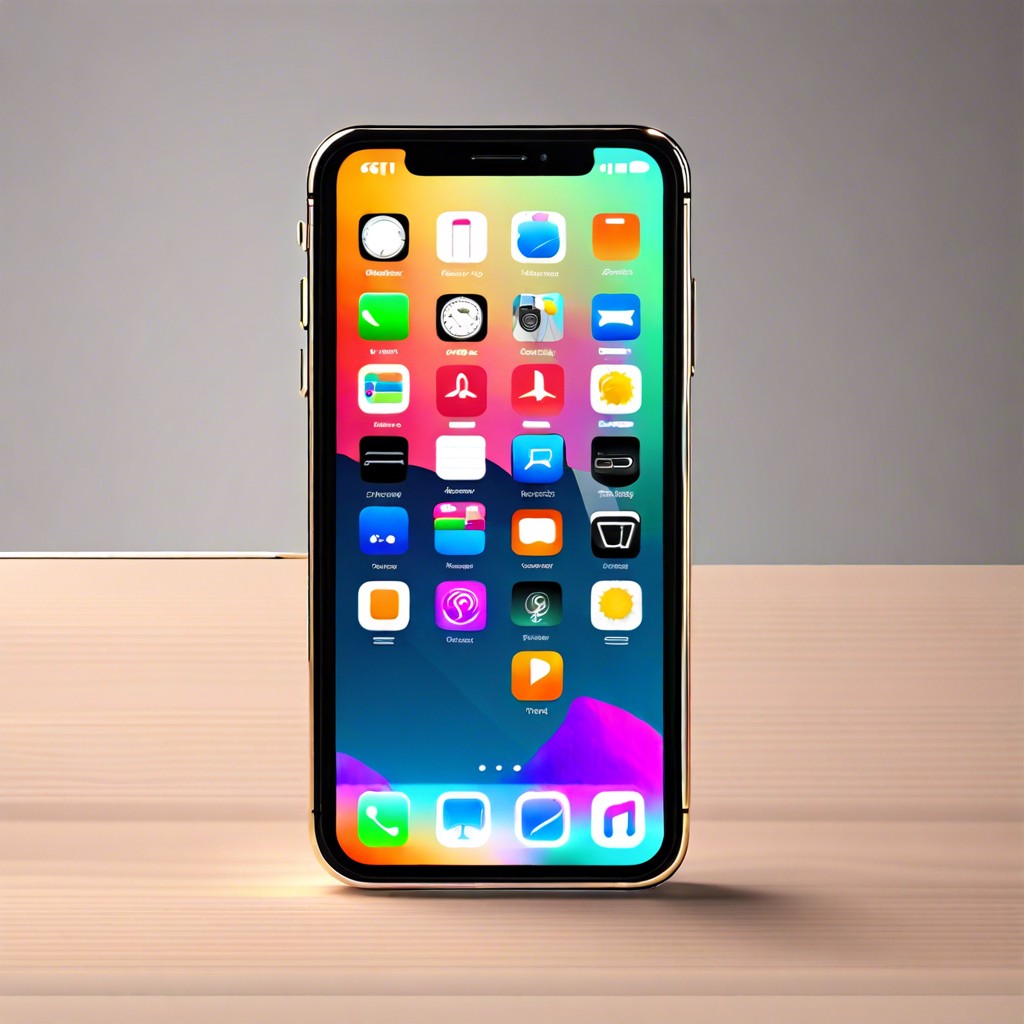Last updated on
Learn practical techniques to declutter your mind and enhance your mental clarity.
Key takeaways:
- Limit information sources to reduce mental clutter.
- Practice mindfulness daily to enhance focus and reduce stress.
- Prioritize tasks and responsibilities to keep mental space neat.
- Establish a meditation routine for a calmer and more focused mind.
- Schedule regular digital detoxes to clear mental clutter.
Table of Contents
Identify and Limit Information Sources

Our brains can often feel like they’re in a never-ending tug-of-war with the barrage of daily information. Here’s how you can become the referee and take control:
Start by auditing your media consumption. Are you checking social media, watching news channels, or browsing online stores more often than necessary? Evaluate what sources of information are truly beneficial and which ones only add to the chaos in your mind.
Implement strict boundaries. Choose specific times to engage with news or social media, and stick to it as if it was a doctor’s appointment that you can’t miss—or in this case, can’t afford to remember!
Subscribe intentionally. Only allow newsletters, podcasts, and other media that add value to your life to land in your inbox. Everything else? Unsubscribe without mercy or an afterthought—it’s not you, it’s them.
By consciously selecting where your information comes from, you’ll clear mental clutter and reserve brainpower for what genuinely merits your attention. Welcome to a more focused and serene mental environment, where the only buzz you hear is from the excitement of your own productivity!
Practice Mindfulness Daily
Mindfulness isn’t just a trendy buzzword, it’s like giving your brain a spa day. Incorporating daily mindfulness practices can significantly reduce mental clutter, helping you focus better and stress less. Here’s how you can sharpen your mental scissors to cut through the messy thoughts:
- Begin by dedicating a few minutes each day to sit quietly and focus on your breathing. It’s like hitting the pause button on a chaotic movie scene.
- Gradually increase the time you spend in these mindful moments. Don’t rush; remember, even Rome wasn’t built in a day!
- Use everyday activities as opportunities for mindfulness. Whether you’re washing dishes or brushing your teeth, focus completely on the task at hand – feel the water, smell the soap. It’s about finding the zen in the ordinary.
- Acknowledge your thoughts during these exercises but let them pass like clouds on a windy day. It helps in recognizing the transient nature of thoughts and reduces their hold over you.
By turning these practices into daily habits, you provide your mind with a regular ‘clean-up’ routine, encouraging a fresher, more focused mental environment.
Prioritize Tasks and Responsibilities
When life throws you a mixed bag of tasks, sorting and prioritizing become your best friends. Imagine your mind as a well-organized desk, where everything has its place and priority.
First, tackle the big rocks. Identify the activities or projects that will have the most impact on your goals. These are your high-priority items that need your attention first. Just like you wouldn’t pack socks before your passport on an international trip, treat your tasks accordingly.
Next, learn to delegate or eliminate the pebbles. Ask yourself if someone else can handle this task or if it’s truly necessary. Every “no” to lesser tasks is a resounding “yes” to more mental space! Remember, you’re not a circus performer; you don’t need to keep all those plates spinning.
Finally, set clear deadlines. Nothing sharpens the mind like a good deadline. This helps to create a sense of urgency and prevents your tasks from taking up permanent residency in your head. It’s like setting a timer on that mental oven to prevent overcooking your thoughts.
Breaking down your responsibilities helps to clear mental clutter much more effectively, helping keep your mental space neat and guest-ready!
Establish a Meditation Routine
Meditation can work wonders in calming the mind’s chaos! It’s like giving your brain a mini vacation. Start small, perhaps five minutes a day, and gradually increase the duration as you get more comfortable. Try different styles — mindfulness, guided, or even walking meditations — to keep things spicy and find what tickles your brain cells the right way. Remember, consistency is key! Aim to meditate at the same time each day to establish a habit that sticks. Focus on your breathing, letting go of racing thoughts and bringing your attention back whenever it wanders. It’s like training a puppy — gently, but consistently. Over time, this discipline can significantly decrease mental clutter, making you feel more focused and serene. Have fun exploring the peaceful nooks and crannies of your mind!
Schedule Regular Digital Detoxes
Living in a digital world means our brains are often buzzing with notifications, social media updates, emails, and endless streams of online content. To clear out the mental clutter, carving out tech-free time is essential. Here’s how you can embark on an effective digital detox:
Start small: Begin with short tech-free periods, maybe during meals or the first hour after waking up. Gradually increase the time as your comfort with disconnection grows.
Create tech-free zones: Designate areas in your home, such as the bedroom or dining room, where digital devices are not allowed. This encourages more mindfulness and presence in your daily interactions.
Set specific times: Allocate specific times in your day or week for checking emails and social media. It’s like having visiting hours for your digital world, helping you regain control over your time and attention.
Involve your circle: Share your detox plans with friends and family. They can help hold you accountable, and you might even inspire them to join you in logging off.
Remember, the idea is not to eliminate technology entirely but to create meaningful boundaries that promote a clearer, more focused mind.




